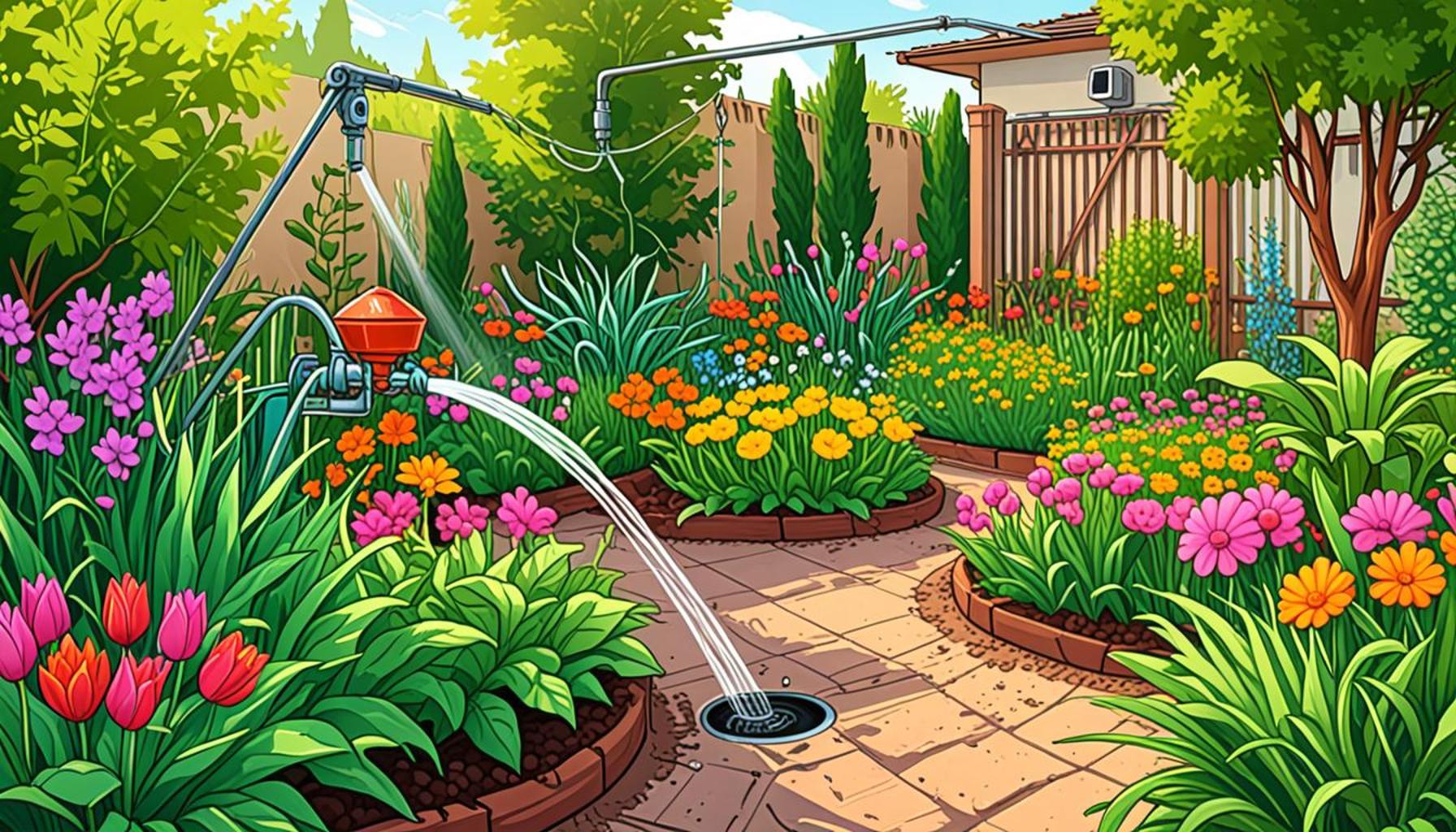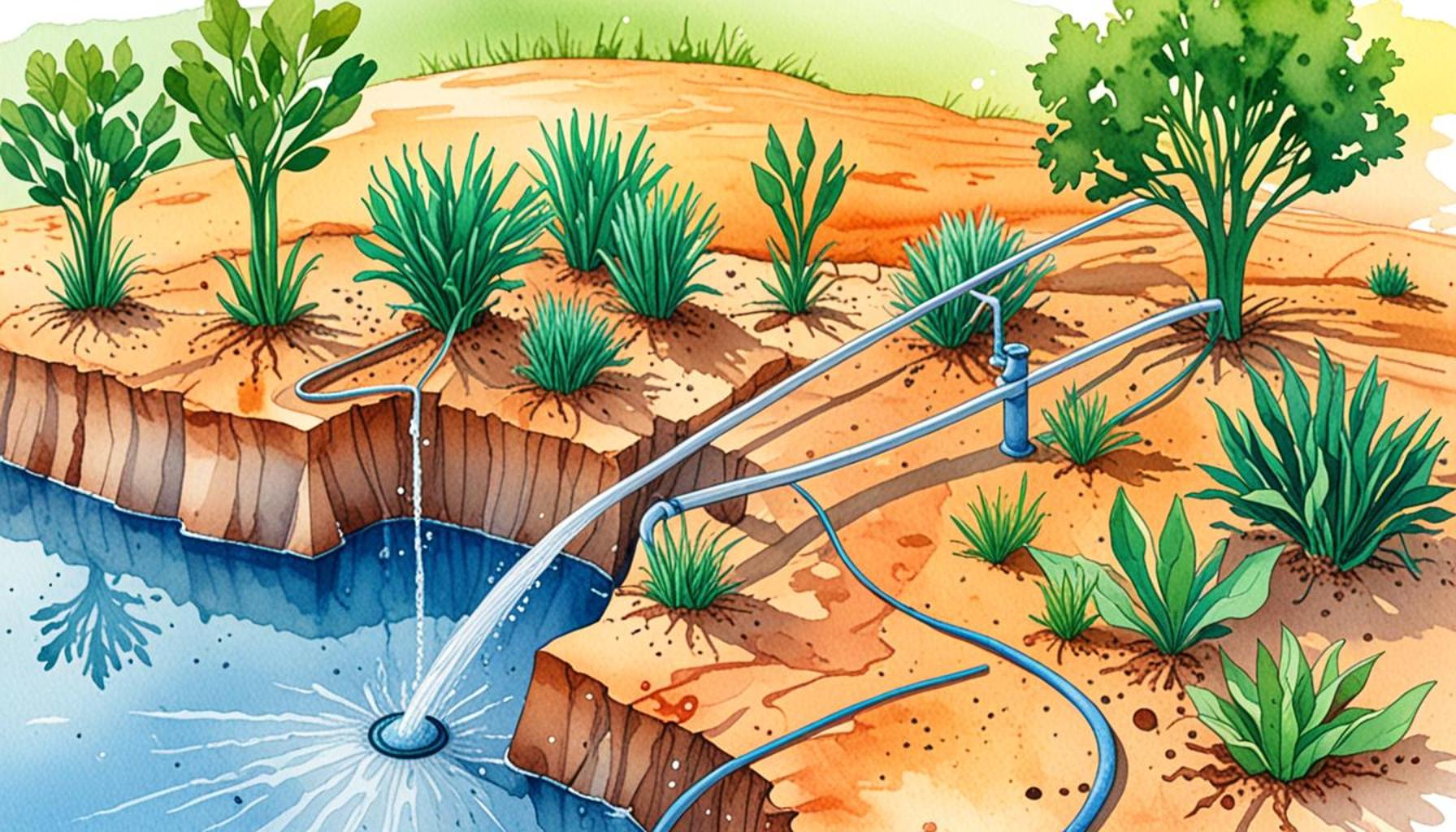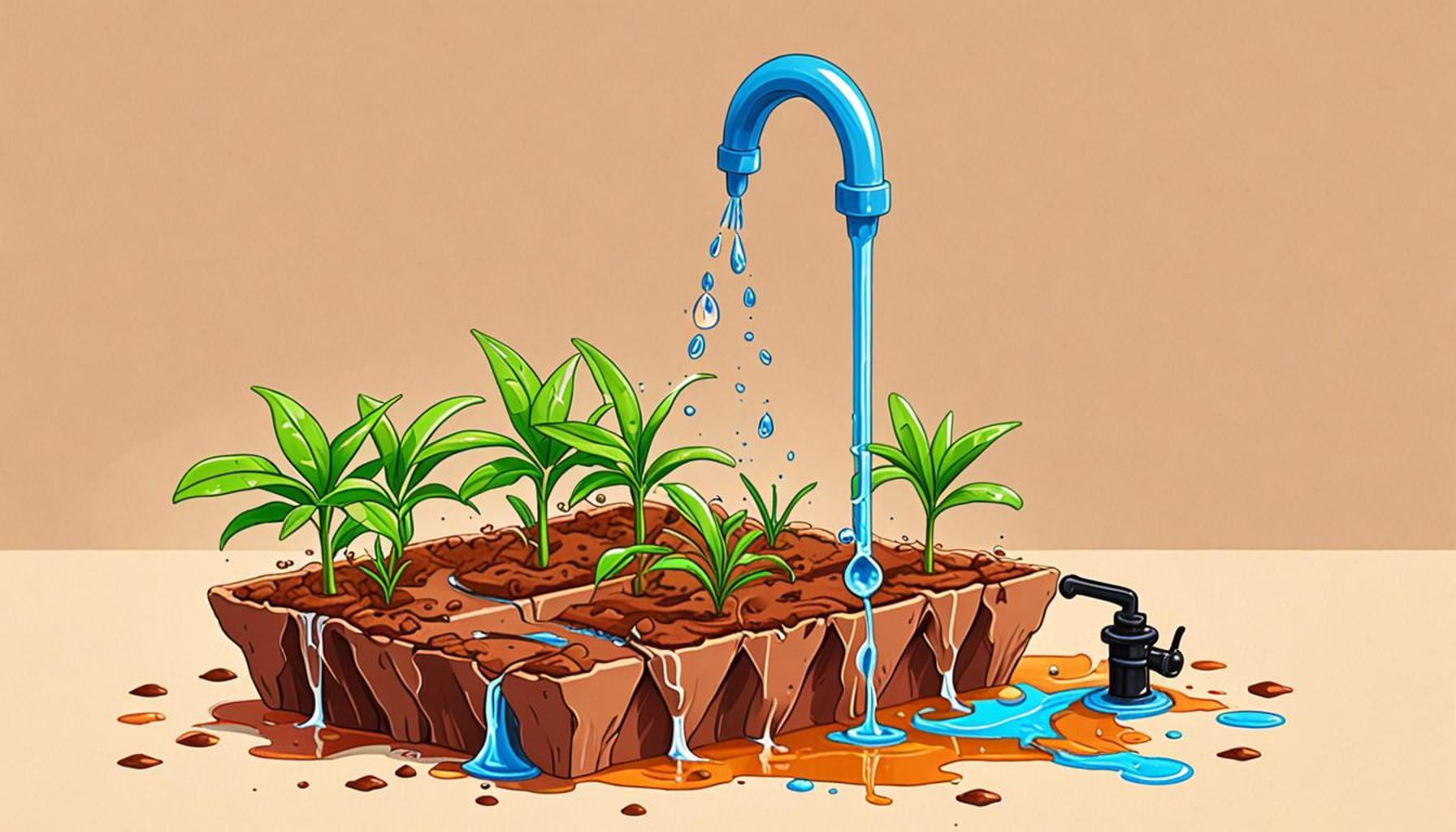Use of Humidity Sensors: Modernizing Home Irrigation
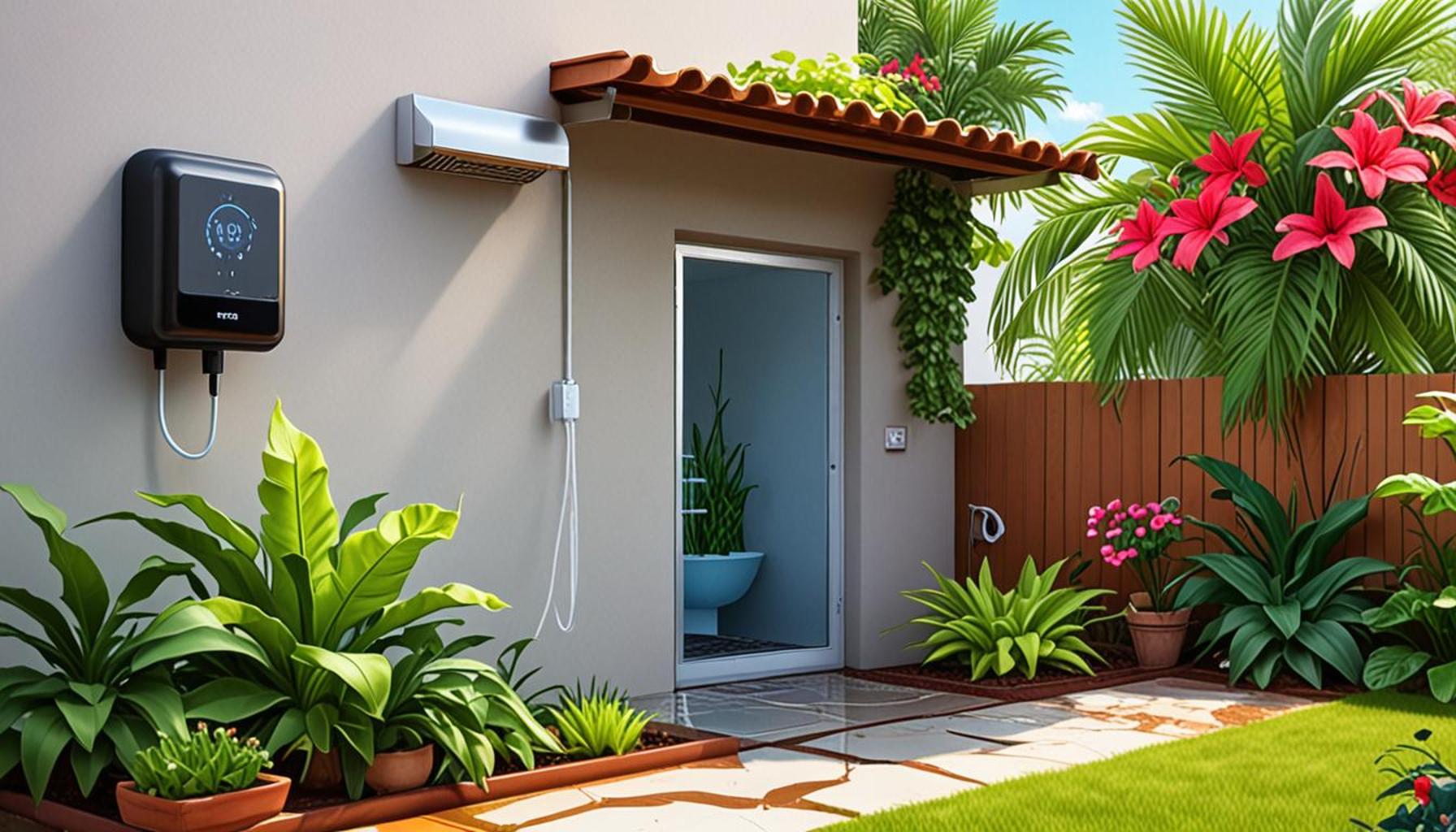
Innovative Approaches to Water Conservation
As the world faces the looming threat of climate change, the urgency for efficient water usage is more pronounced than ever. Homeowners, in particular, are beginning to recognize the critical role they play in conservation efforts. Among the myriad of solutions available, humidity sensors stand out as a revolutionary tool in the domain of home irrigation.
Understanding the Importance of Humidity Sensors
Humidity sensors are sophisticated devices designed to gauge the moisture content in the soil, delivering real-time updates that can greatly enhance home irrigation systems. With these sensors in place, homeowners can:
- Optimize Water Usage: Homeowners can significantly reduce the volume of water needed for gardens and lawns by eliminating unnecessary excess watering. This not only conserves a precious resource but also leads to lower utility bills, making it a financially sound choice.
- Enhance Plant Health: By providing accurate moisture levels tailored to the specific requirements of different plants, these sensors ensure optimal growth conditions. Plants receive exactly what they need, minimizing the risks associated with both overwatering and underwatering.
- Reduce Labor: The natural inclination for many avid gardeners is to frequently check moisture levels manually. Humidity sensors automate this process, creating irrigation schedules that allow homeowners to focus on enjoying their gardens instead of attending to maintenance tasks.
Expanding the Benefits of Humidity Sensors
The integration of humidity sensors into existing irrigation systems extends well beyond mere water-saving measures. These advanced devices contribute to a more comprehensive approach to home irrigation:
- Smart System Compatibility: Humidity sensors can easily interface with other smart home devices. For instance, systems can be linked to intelligent weather forecasting applications, adjusting watering schedules based on rainfall predictions, thereby enhancing overall home automation.
- Data-Driven Decisions: By collecting and analyzing moisture data, homeowners gain insights that can guide more effective planting strategies, crop selections, and seasonal adjustments. This wealth of information can lead to healthier gardens and more productive outdoor spaces.
- Sustainability: Adopting humidity sensors fosters sustainable gardening practices. As systems ensure that every drop counts, gardens can flourish while minimizing environmental impact—a vital consideration in an era where water scarcity is becoming increasingly common.
As we delve deeper into the transformative potential of humidity sensors, it becomes evident that their adoption is not merely a passing trend. It represents a necessary evolution in modern irrigation practices, aligning the interests of homeowners with the broader goals of environmental stewardship.
With various models available on the market and the potential for future innovations, now is the perfect time for homeowners to explore the possibilities that humidity sensors offer. By embracing this technology, individuals can contribute not only to their own gardens but also to a collective effort aimed at fostering a water-wise future.
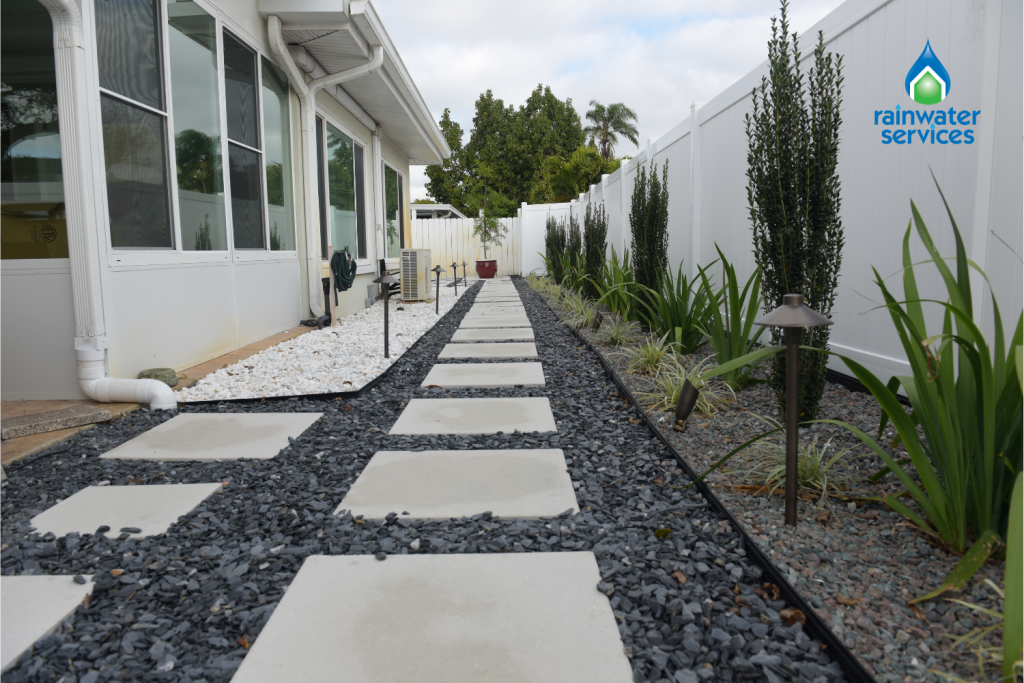
DISCOVER MORE: Click here to learn effective soil preparation techniques
The Role of Humidity Sensors in Smart Irrigation Systems
The introduction of humidity sensors into modern home irrigation systems is transforming the way homeowners approach landscape maintenance and plant care. These sensors provide critical input that enables automated watering schedules, allowing homeowners to devise irrigation plans that are in sync with both environmental conditions and plant needs. With increasing awareness of the necessity for water conservation, utilizing humidity sensors is not just a benefit but a necessity for responsible water management.
How Humidity Sensors Work
At their core, humidity sensors measure the moisture content of the soil and relay this information to an associated irrigation system. These devices can be installed at varying depths within the garden or lawn, providing comprehensive readings that account for different plants’ root zone needs. Homeowners can choose from various sensor types, ranging from simple resistive models to advanced capacitive sensors capable of transmitting data to smartphones or home automation systems.
Understanding the functionality of humidity sensors is key to leveraging their potential. Here are several aspects that make these devices indispensable:
- Real-Time Monitoring: Many sensors offer real-time monitoring capabilities. This means homeowners can receive immediate feedback on their soil moisture levels, allowing for timely watering adjustments. For instance, on a harrowing hot summer day, if the humidity sensor indicates lower moisture levels, gardeners can promptly activate irrigation systems.
- Customizable Alerts: Humidity sensors often include features that allow for customizable alerts. Homeowners can receive notifications via text or app alerts based on predefined moisture thresholds, ensuring they are always aware of their garden’s needs. This functionality empowers users to address moisture deficiencies before they impact plant health.
- Integration with Weather Data: State-of-the-art humidity sensors can integrate with local weather data. This integration allows them to modify watering schedules dynamically based on recent rainfalls or incoming weather patterns, further tailoring irrigation needs to actual conditions rather than assumptions.
Impact on Water Conservation
The integration of humidity sensors is playing a pivotal role in enhancing water conservation efforts. According to the United States Geological Survey (USGS), nearly 80% of residential water usage in the U.S. is attributed to landscape irrigation. By adopting smart irrigation practices, homeowners can significantly lower their water consumption while maintaining lush, healthy landscapes.
Moreover, using humidity sensors can lead to lasting changes in habitual watering practices. Homeowners who once irrigated their gardens regularly, irrespective of weather conditions, can now shift towards a more mindful approach. This not only contributes to sustainability but can potentially reshape local ecosystems, promoting biodiversity and reducing runoff that can pollute water bodies.
Embracing humidity sensors is not merely a trend; it’s a crucial step toward modernizing home irrigation systems. As technology progresses, these sensors offer comprehensive solutions that transform gardening into a more intelligent and sustainable pursuit.
| Category | Description |
|---|---|
| Water Efficiency | Humidity sensors optimize water usage by measuring soil moisture levels. |
| Cost Savings | Reduce water bills and minimize waste while enhancing garden health. |
| Smart Technology | Integrate with smart controllers to automate irrigation based on real-time data. |
| Environmental Impact | Promote sustainable gardening practices that benefit local ecosystems. |
The integration of humidity sensors in home irrigation systems is proving to be a game changer, ushering in an era of efficiency and sustainability. These sensors not only monitor soil conditions in real-time but also communicate vital information to irrigation systems, essentially revolutionizing the way we garden. Through advanced technology, homeowners can tailor their irrigation schedules, apply water only when necessary, and maintain lush gardens without drowning plants.Moreover, the financial implications of adopting such systems are significant. By decreasing water consumption, households can expect noticeable savings on their utility bills. This not only benefits individual homeowners but also contributes positively to the environment by conserving precious water resources. As more residents turn towards these modern solutions, the push for sustainability in urban planning and residential gardening continues to grow. Enhanced productivity, conservation efforts, and cost efficiency are just a few compelling reasons to explore the allure of humidity sensors in home irrigation.
DISCOVER MORE: Click here to learn about resilient plant selection
Advantages of Humidity Sensors for Homeowners
As homeowners increasingly become aware of the benefits associated with humidity sensors, many are considering this technology as an essential element in their irrigation systems. Beyond the initial investment in technology and infrastructure, the long-term advantages prove to be significant in both practical and economic terms.
Cost Savings on Water Bills
Implementing humidity sensors can deliver tangible financial benefits. According to the Environmental Protection Agency (EPA), residential irrigation systems are often over-watered by 30% or more. By using humidity sensors to tailor watering schedules, homeowners can significantly reduce their water bills. Studies have shown that automating irrigation with humidity sensors can reduce overall water usage by up to 50%, which is not only a boon for the environment but also for household budgets.
Promoting Plant Health
Plants require specific moisture levels to thrive, and insufficient or excessive watering can lead to common problems such as wilting or root rot. With humidity sensors, homeowners can ensure that their gardens receive the right amount of water at all times. This precise control helps promote stronger, healthier plants and reduces the need for chemical treatments that may otherwise be required to combat over- or under-watering stress. Homeowners can also enjoy the aesthetic benefits of having a flourishing garden, which can increase property value.
Environmental Impact and Sustainability
The significance of water conservation extends beyond immediate personal gains; it contributes to larger ecological preservation efforts. The Nature Conservancy reports that the depletion of natural water resources is a growing concern across the United States. By adopting technologies like humidity sensors, homeowners can make substantial contributions toward reducing water waste. Furthermore, optimized irrigation systems can help prevent soil erosion and nutrient runoff, protecting local ecosystems and promoting biodiversity.
Ease of Use and Accessibility
Modern humidity sensors have become more user-friendly, enabling homeowners to engage with the technology seamlessly. Various models now come equipped with user-friendly mobile applications that allow for remote access and control. Homeowners can check real-time moisture levels and adjust settings directly from their smartphones, making irrigation management a breeze. The accessibility of these devices empowers users, creating a culture of responsible gardening that resonates throughout communities.
Customization for Diverse Landscapes
No two gardens are alike, which is why the adaptability of humidity sensors makes them increasingly attractive to homeowners. Different plants have different moisture needs, influenced by factors such as plant type, soil composition, and climate conditions. Homeowners can customize sensor placement and settings to cater specifically to the unique requirements of their landscapes. Moreover, advanced models allow for multi-zone irrigation setups, letting users program each section of their garden to fit its specific needs.
In essence, the advantages of integrating humidity sensors into home irrigation systems extend far and wide—financial savings, healthier plants, environmental benefits, and ease of use, all combine to create a compelling case for modernizing traditional gardening practices with smart technology. As technology continues to evolve, it’s evident that humidity sensors are paving the way for greener and more efficient home irrigation solutions.
CHECK OUT: Click here for expert tips on selecting shade plants
Conclusion
As we explore the use of humidity sensors in home irrigation, it becomes increasingly clear that these innovative devices represent a pivotal shift towards more sustainable and efficient gardening practices. By harnessing real-time data to optimize watering schedules, homeowners are not only achieving significant cost savings on water bills but also ensuring their plants receive the precise moisture levels they require for thriving growth. This combination of fiscal and ecological benefits stands to transform traditional gardening into a more responsible and conscious effort.
With the ongoing challenges posed by climate change and the dwindling supply of natural water resources, the adoption of humidity sensors becomes a crucial step for homeowners keen on contributing to environmental sustainability. These devices facilitate mindful water usage, reduce potential chemical treatments, and actively protect local ecosystems—creating a ripple effect that benefits communities at large. As technology advances, options for customized and user-friendly systems continue to expand, making it easier for anyone to incorporate smart irrigation solutions into their landscapes.
Ultimately, the integration of humidity sensors into home irrigation systems not only modernizes gardening practices but also fosters a proactive approach to environmental stewardship. As consumers recognize the impact of their choices, embracing these technologies signals a commitment to a greener future. Homeowners find themselves at the forefront of a movement where technology and nature coexist harmoniously, ultimately leading to flourishing gardens and healthier ecosystems. For those considering the transition, the future of irrigation is bright and ripe with promise.
